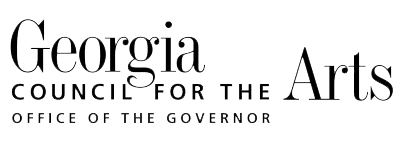
South Georgia Writing Project
Folklife Lesson Plans, A Guide for Educators, Jennifer A. Trevisol, Editor Valdosta State University, 2000
INTRODUCTION
Recent test results in Georgia show a continuing need for effective writing strategies in the state’s schools. Studies on pedagogy of writing repeatedly show that students write best when they write about what they know. “What they know” is the folklife or living traditions of their families and communities. Folklore and folklife bring together a body of information—including narratives, songs, customs, beliefs, crafts, and foodways—that are at the heart of culture and define an individual’s and a community’s sense of place and identity. Folklife as an educational tool can be used at any grade level and with all types of learners. Folklife dovetails with “educational theories such as Howard Gardner’s theory of multiple intelligences, which honors all the types of knowledge students acquire; whole-language reading and writing, for which the traditional arts can provide new materials; process-method writing, for which folklife provides intimate, inspiring subjects; and interdisciplinary projects that incorporate social studies, language arts, science, math, photography, recording, or music” (National Roundtable of Folk Arts in the Classroom, 1993). In addition, as the nation becomes increasingly diverse, folklife provides a vehicle for developing local multicultural resources that reflect the traditions of all members of the community.
This booklet of lesson plans is a result of a week-long collaborative effort between South Georgia Writing Project and South Georgia Folklife Project. South Georgia Writing Project is one of 168 sites of National Writing Project, a nationwide network of school/university programs dedicated to improving the teaching of writing in K-college classrooms. To accomplish this goal, the project looks to successful teachers and invites them to participate in an intensive institute every summer. During the 2000 Invitational Summer Institute, Laurie Somers, director of South Georgia Folklife Project and Diane Howard, director of South Georgia Writing Project, teamed up to work with fifteen educators to develop the units and lesson plans in this booklet.
We hope these units will provide you with specific plans for using folklife topics as you teach writing. More importantly, we hope these units will give you ideas for writing your own lesson plans that combine the teaching of writing and folklife for your students.
Laurie Sommers, Ph.D Director, South Georgia Folklife Project
Diane W. Howard, M.Ed Director, South Georgia Writing Project
Table of Contents
| Elementary Lesson Plans | ||
|---|---|---|
| All About Me | First Grade | p.1 |
| Exploring Lifestyles of the Past: Heritage | Kindergarten | p.3 |
| Family Traditions | First Grade | p.5 |
| My Family Tree | First Grade | p.7 |
| Quilts of Memories | First Grade | p.8 |
| Story Quilts | Kindergarten | p.10 |
| Middle Grades Level Lesson Plans | ||
| Culture Pizza | Middle School | p.12 |
| Folklife for Eighth Grade | Eighth Grade | p.14 |
| Folk Stories | Middle School | p.16 |
| High School Lesson Plans | ||
| Collage Poem | High School | p.17 |
| Exhibit Labels | High School | p.19 |
| Folklife in Text vs. Folklife in Students' Communities: Superstitions, Beliefs, and Customs Practiced | Ninth Grade | p.22 |
| Grandparents and Grand Stories: Documenting the Past for the Future | High School | p.24 |
| Odyssey Scrapbook | Ninth Grade | p.27 |
| Our Our Town | Eleventh Grade | p.29 |
| College Level Lesson Plans | ||
| Oral Tradition: Recipe | First-Year Composition | p.31 |
| Cross-Level Lesson Plans | ||
| History Quilt | Elementary - College | p.32 |
| Invitation Letter | Sixth - Twelfth Grades | p.33 |
| The Legend of Boo, and Other Tales | High School First-year Composition | p.35 |


